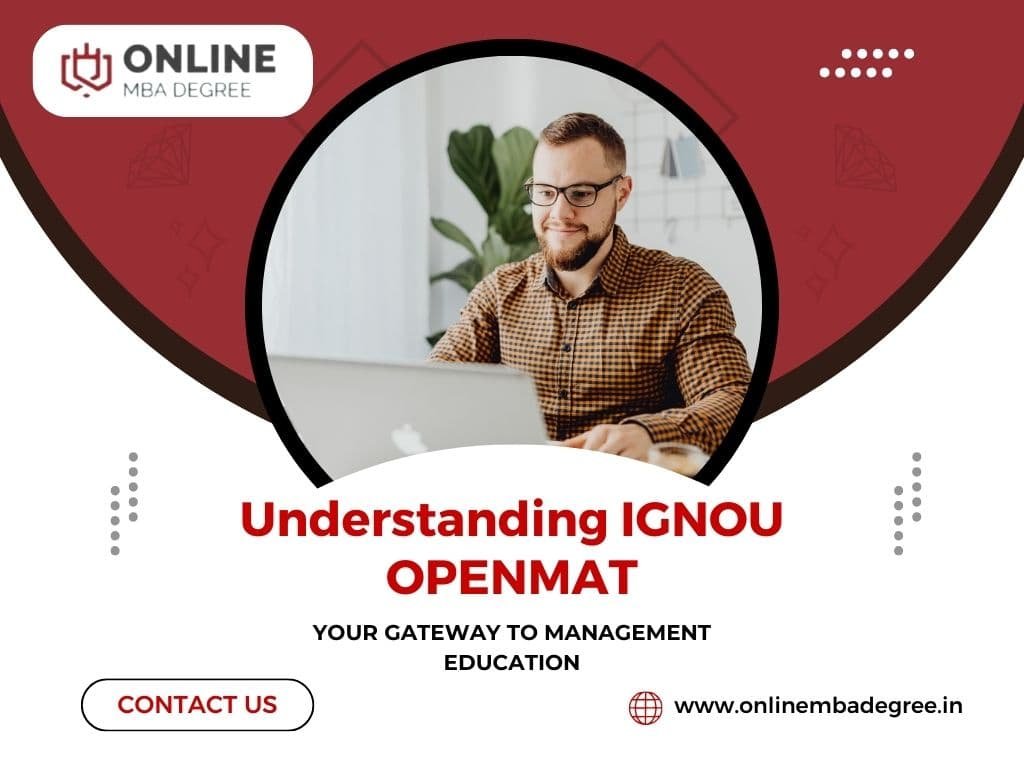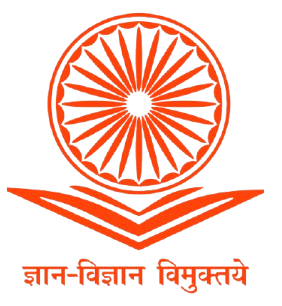MBA Distance Learning in India

MBA Distance Learning in India GET FREE COUNSELING Blogs page Select SpecializationFinanceMarkettingDigital MarketingBusiness AnalyticsFintech ManagementProject ManagementGeneral ManagementInternational FinanceRetail Banking OperationsOperations ManagementHospitality ManagementHealthcare ManagementData Science & AnalyticsHuman Resource ManagementInformation System ManagementInformation Technology ManagementLogistics & Supply Chain ManagementFind A Best University Top Online Universities Online MBA Degree LATEST POST MBA Salary in India 29 April 2025 Free Online […]
Top Universities Colleges in Uttar Pradesh For MBA 2025

Uttar Pradesh is home to some of the finest universities in India, offering quality education across various disciplines. These universities are recognized for their academic excellence, research output, and career opportunities. From engineering and management to medical and humanities, the state provides a diverse range of educational programs to students from all backgrounds. Eligibility Criteria […]
GLA University – MBA Admission, Fees, Courses, UGC Approved

In the contemporary world, higher learning is dynamic to address the newer challenges for learners and other professionals. One of these is the Online MBA course at GLA University, a course that aims at offering flexibility, quality education, and a competitive global skill set for the students. To understand in detail what the GLA University’s […]
What is IGNOU Distance MBA Admission Process

This composition offers an in-depth look at the admission process for the IGNOU Distance MBA program for the 2024 educational year, overlaying eligibility criteria, the operation process, costs, crucial dates, and other pivotal details. The IGNOU is one of the most important distance education establishments inside the transnational, furnishing a variety of packages aimed toward professionals and […]
20 Best Career Options After MBA 2024: What to do After MBA?

Best Career Options After MBA: The Master of Business Administration, or MBA, is a graduate-level degree that offers thorough instruction in management and business. A wide range of topics are usually covered in the curriculum, such as human resources, strategy, operations, marketing, finance, accounting, and leadership. What is an MBA? The purpose of an MBA […]
Why Are IIT Ranked So Low in The World Ranking?

Why Are IIT Ranked So Low: The Indian Institutes of Technology (IITs) have received a lot of attention lately for their high caliber of instruction, productive research, and contributions to a range of disciplines. In contrast to their foreign peers, IITs frequently find themselves placed lower in worldwide MBA ranking, despite their prestigious reputation. This […]
10 Best Job-Oriented Short Term Courses Which are In-Demand

Job-Oriented Short Term Courses: Given its extensive curriculum and opportunity for job progression, Master of Business Administration (MBA) programs remain in great demand in the ever-changing field of business education. However as the business world changes so quickly, there is a growing need for specialized knowledge and abilities, which has led to the emergence of […]
MBA Project Management Case Studies

For understanding the intricacies of handling projects more efficiently, it is very important for learning individuals and students to learn how to deal with real-world assignments, challenges, and outcomes; MBA Project Management Case Studies are the answer to that. These case studies are created and designed in a way that they provide the learning individuals […]
What Is IGNOU OPENMAT? – Eligibility, Fees, Courses

The IGNOU OPENMAT (Open Management Aptitude Test) is one the flagship programs of IGNOU, which is a pathway for learning individuals and students who desire or wish to pursue several types of management education with the help of distance learning. We will talk about all the details and information regarding the IGNOU OPENMAT in this […]
Government Jobs for MBA Graduates

In the moment’s competitive Government Jobs for MBA Graduates requests, MBA graduates are sought after by colorful diligence for their operation chops, strategic thinking, and leadership capacities. While numerous pursue careers in the private sector, there exists a wealth of openings in the public sector as well. Government jobs for MBA graduates offer unique advantages, […]


